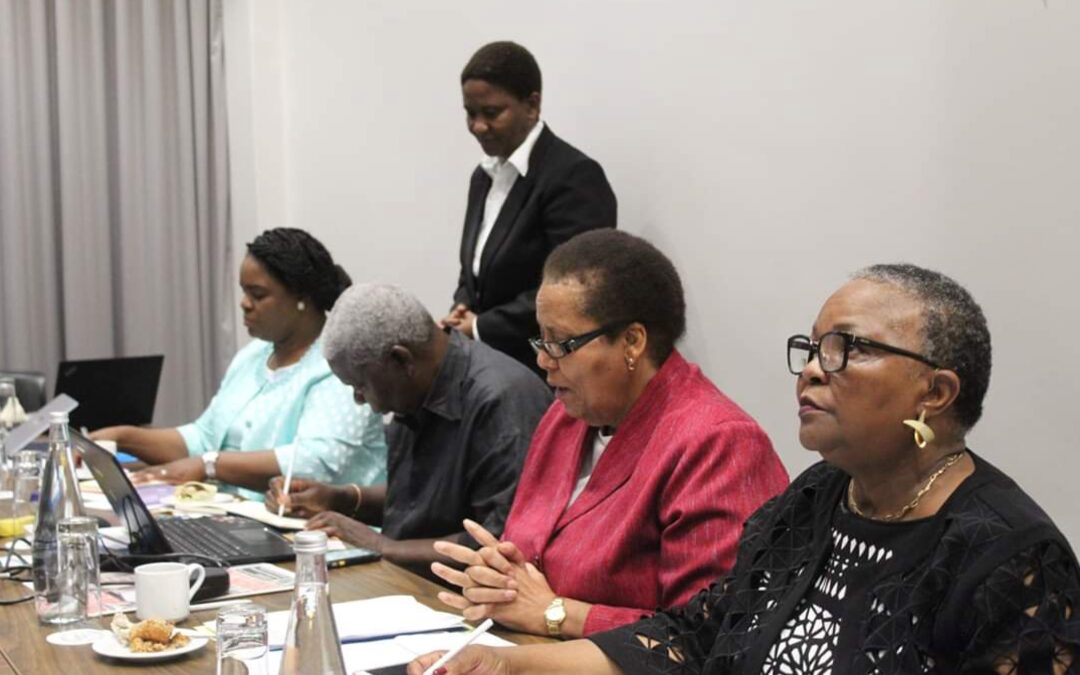
Nov 22, 2019 | News
A wide range of stakeholders in Mbabane, Eswatini came together to discuss the challenges they face in combating sexual and gender-based violence (SGBV) in the country.
On 21 November, the ICJ hosted a symposium with representatives of the Attorney General, Ministry of Justice, police, Human Rights Commission and Law Society on cases involving economic, social, and cultural rights and SGBV. The event was followed by an integrated meeting involving State officials in the justice sector to discuss the implementation of the Sexual Offences and Domestic Violence (SODV) Act was discussed.
The Kingdom of Eswatini faces widespread instances of SGBV and it is hoped that new initiatives, such the enactment of the Sexual Offences and Domestic Violence (SODV) Act in 2018, will be effective in addressing the scourge of SGBV in the country.
The symposium was led by Justice Qinisile Mabuza, Principal Judge of the Eswatini High Court and ICJ Commissioner, accompanied by ICJ Commissioners Justice Sanji Monageng of Botswana and Professor Michelo Hansugule of the University of Pretoria, and Justice of the High Court in Zimbabwe Amy Tsanga. The ICJ’s Senior International Legal Adviser Emerlynne Gil gave a presentation on gender stereotypes and international legal standards on SGBV ICJ Africa legal associate Khanyo Farisè and ICJ consultant Mary Pais Da Silva also participated in the symposium.
Speakers emphasized the critical role of the judiciary and other justice sector actors in ensuring that Eswatini meets its legal obligations under international human rights law, including standards governing the African region, to protect survivors of SGBV.
“The judiciary is a critical component in the intervention against SGBV. The judges have to know about human rights, appreciate what SGBV actually entails, understand what those violations mean, and the international standards and local roles where they exist. Judges also should be able to use jurisprudence from other jurisdictions to justify their decisions,” Commissioner Monageng said.
The participants of the symposium, were subsequently joined by representatives from the Department of Public Prosecutions (DPP), the One Stop Care Centre for sexual violence survivors, and the Deputy Prime Minister’s Office, came together to discuss the implementation of the SODV Act. Recommendations included better collaboration with judicial actors, the training of law enforcement agencies on receiving report of sexual violence, better case management and the development of forensic laboratories were made.
Contact
Khanyo Farisè (Legal Associate): e: Nokukhanya.Farise(a)icj.org
Shaazia Ebrahim (Media Officer): e: shaazia.ebrahim(a)icj.org
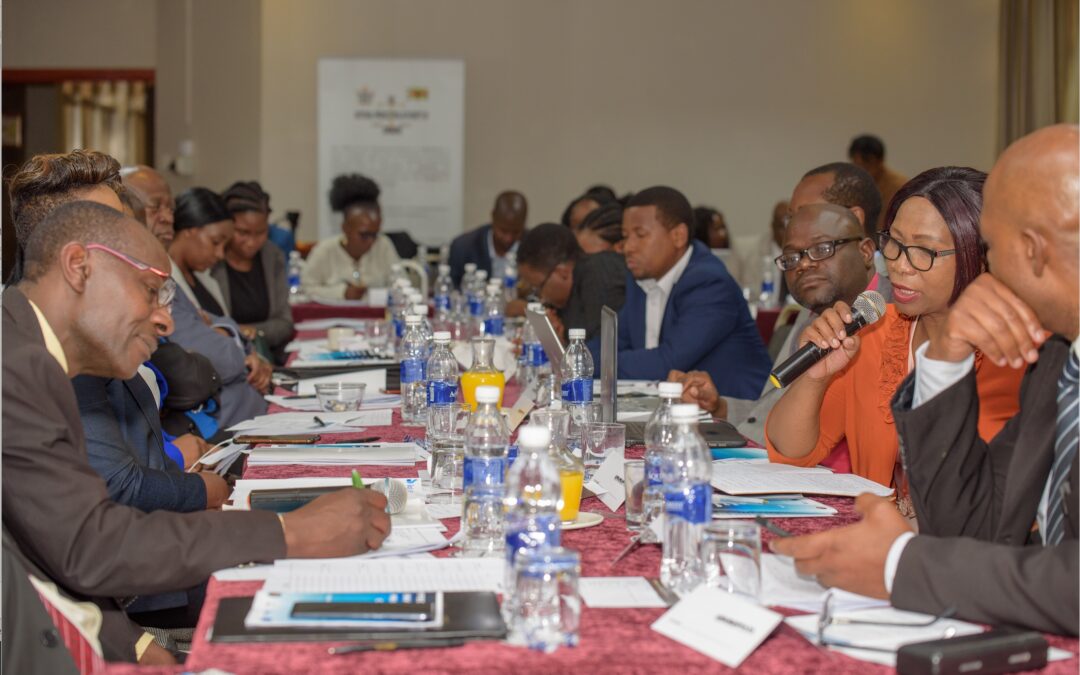
Nov 16, 2019 | News
The ICJ, in collaboration with the Zimbabwe Anti-Corruption Commission (ZACC) and the National Prosecuting Authority (NPA), convened a two-day workshop on 14-15 November 2019. The objective of the workshop was to strengthen the capacities of investigators and prosecutors to effectively investigate and prosecute cases of corruption.
The Deputy Chairperson of ZACC Mr Kuziva Murapa, noted that the training as meant to impart critical skills to the investigators and prosecutors in the fight against corruption. He noted further that the two institutions were being trained together so as to exchange knowledge and create a common understanding of standards and techniques to be applied when handling corruption matters. Noting that the Commission‘s powers include cooperation with other law enforcement agencies, Mr Murapa urged ZACC and NPA to cooperate in the fight against corruption in Zimbabwe.
The training workshop is part of the ICJ’s in-country programming which aims to increase transparency and integrity in the justice delivery in order to increase access to justice for all especially women and marginalized and disadvantaged groups.
This training workshop focuses on crimes associated with corruption, evidence gathering, expert evidence, understanding forensic audit reports, criminal procedure, the importance of closing submissions, regional and international standards for combatting corruption and asset forfeiture.
The participants for this meeting included; 20 investigating officers and 20 prosecutors stationed in Harare. Overall, there were 20 female and 23 male participants in attendance at the workshop.
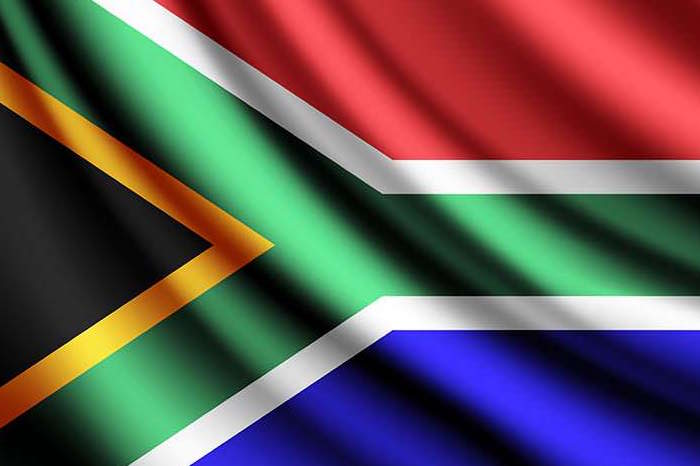
Nov 4, 2019 | News
The ICJ today expressed its grave concern at the conduct of police forces in their enforcement of a court order to remove refugees and asylum seekers from the offices of the United Nations High Commission for Refugees (UNHCR) in Cape Town on October 30.
Police appeared to be using excessive and unlawful force, resulting in injuries to some protestors.
The ICJ called for a prompt independent, impartial, and through investigation into the police conduct, with a view to holding account officials responsible for any ill-treatment and to prevent such methods of policing to recur.
While trying to remove largely peaceful protestors from the premises, police fired rubber bullets and stun grenades against refugees who were protesting in the streets of Cape Town last week. A video clip widely shared on social media showed police ripped a baby from a woman.
The court had granted an interdict to remove the group in Cape Town on October 18 at the Cape Town Magistrate’s Court following an application by the building landlord to evict the group. More than 100 protestors were arrested and released on warnings.
“The way refugees were treated in Cape Town on Wednesday is shameful. South African authorities should be acting to protect migrants from the xenophobic violence and threats they have been experiencing, not to perpetuate them,” said Arnold Tsunga, ICJ Africa regional director.
Refugees and asylum seekers had staged a sit-in outside the UNHCR offices in Cape Town and Pretoria for four weeks now, pleading to be resettled outside of South Africa, claiming that they felt unsafe. They said that recent attacks on foreign nationals left them feeling unsafe in South Africa. (Read the ICJ statement on the attacks here.)
In a statement, the UNHCR said the organization had received concerns of personal safety, access to documentation, challenges accessing services, and lack of job opportunities from the asylum seekers and refugees who had been camping outside of its offices.
The statement also indicated that some of the protesting group had demanded resettlements, which were only available for a limited number of vulnerable refugees. The UNHCR said it had been engaging with the refugees and asylum seekers since the protests began, encouraging them to participate in constructive dialogue to address their grievances and find a peaceful resolution to the situation.
“We call on South African authorities the United Nations Human Rights Council (UNHRC) to urgently address migrants’ concerns in a constructive and amicable manner before the situation escalates further,” Tsunga added.
Background
South African law and international law forbid the unnecessary and disproportionate use of force and protect people from ill-treatment. .
The UN Basic Principles on the Use of Force and Firearms by Law Enforcement Standards provides that law enforcement officials must use restraint and may use force only where only where strictly necessary, and any such force must be proportionate to the legitimate object, such as making a lawful arrest and protecting the lives and safety of others.
South Africa is party of the African Charter of Human and Peoples Rights and the International Covenant on Civil and Political Rights, both of which guaranteed from torture and cruel, inhuman or degrading treatment, including that resulting from unlawful use of force.
Contact
Arnold Tsunga (Director): c: +26 37 7728 3249 e: arnold.tsunga(a)icj.org
Shaazia Ebrahim (Media Officer): c: +27 71 670 6719 e: shaazia.ebrahim(a)icj.org
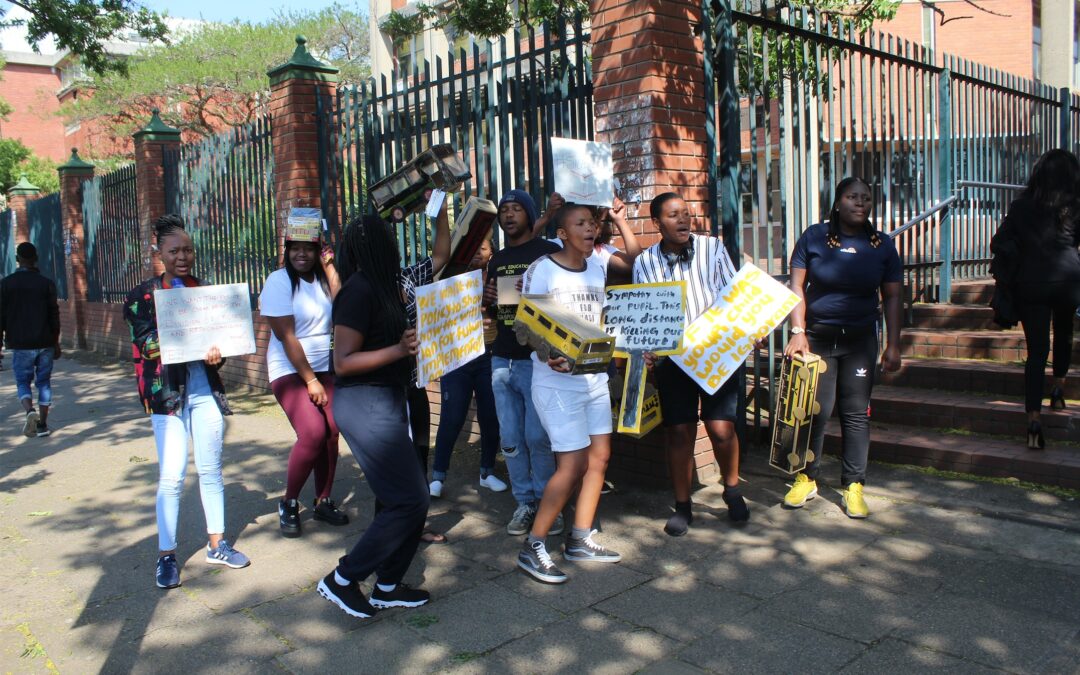
Nov 1, 2019 | News, Op-eds
An opinion editorial by Shaazia Ebrahim, Communications Consultant for ICJ’s Africa Programme.
Nomfundo Ngobese (25) was used to waking up at 4am to walk the 35km from her home in Nquthu, northern KwaZulu Natal (KZN) to school. In the blistering heat and the freezing cold, crossing rivers and sometimes dodging rain and lightning, Ngobese, was like many South African school learners who walked for hours to get to and from school each day.
“We had to wake up past 4 so that at past 5 we can go to school. In winters when we had to go to school, it was dark. We didn’t feel safe… We didn’t even realise the difficulties our smaller siblings were facing. It’s a thing that we just got used to,” Ngobese said.
While learners all over South Africa walk for hours every day to get to school and back home, KZN has the greatest need for scholar transport. According to the 2016 General Household Survey done by Statistics South Africa, some 483 633 learners in KZN walk more than half an hour in one direction to school each day.
But the end of the battle for learners with similar experiences to Ngobese could be in sight.
On October 23, Ngobese joined other Equal Education (EE) post-school youth organisers in picketing outside the Pietermaritzburg High Court. EE, represented by the Equal Education Law Centre (EELC), had sued the KZN Department of Education (DoE) to court to force the government into releasing the provincial scholar transport policy, which should have been available in December 2018.
They emerged victorious when government committed to releasing its Scholar Transport Policy for public comment by 31 January next year. Should the KZN DoE fail to comply, it will have to answer to the courts. The release of this policy is a critical step in ensuring that more learners will be able to have access to school transportation.
EE has been working to achieve free and safe scholar transport in Nquthu since 2014, after Equalisers told EE about the difficulties they faced with scholar transport. Learners highlighted the challenges they faced walking very far distances in extreme heat and in thunderstorms, and crossing rivers and mountains, at great risk of violent crime including sexual assault. Many learners said they felt tired and hungry after the long walk, and could not concentrate properly in class or perform well at school.
“I was once an Equaliser myself and I once walked to school every morning and afternoon,” Palisa Motloung (21) said. “We were never sure what’s going to happen on those routes. I remember this one time when I was walking with my friend, and then we passed a bush and there were men there talking. We couldn’t tell if they were talking on this side or that side of the fence because it was dark. It was very scary, we literally had to run. It was quite an experience and I don’t wish any child should go through that,” Motloung said.
After local visits to schools in Nquthu in 2014 and 2015, EE wrote to the KZN Department of Transport (DoT) and KZN DoE about these hardships learners were facing, and requested information about how they were providing scholar transport in the province. Governments’ replies were unsatisfactory, with the DoE responding that it found that only one of the 12 schools EE discussed qualified for scholar transport.
After long back and forth with government, who provided scholar transport in dribs and drabs, EE found that there was still a desperate need for scholar transport. Government officials claimed that five of the 12 schools did not qualify for scholar transport because learners were not attending the schools closest to their homes. They conceded that seven of the 12 schools did qualify for scholar transport, but said there was no money to provide it. EE took the matter to court.
This is not the first time that a provincial department of education has sued in South Africa for a failure to provide transport for learners. In 2015 the Judge Plasket of the Eastern Cape High Court held in a similar case that “The right to education is meaningless without … transport to and from school at state expense”.
The initial case was set to be heard at the Pietermaritzburg High Court. But before the hearing began, the lawyers representing EE and the lawyers representing the KZN government entered into negotiations with the KZN DoE and KZN DoT made certain promises. The order granted by the Pietermaritzburg High Court stated that the KZN DoE promised to provide scholar transport to learners in the 12 Nquthu schools by 1 April 2018.
While this was a momentous victory for EE, as part of ongoing court processes, the organisation filed a response to the KZN DoE report to the court, recognising the important steps that it had taken, but also noting significant gaps that remain.
The EE urged the KZN DoE in June last year to provide clear timelines for the finalisation of its scholar transport policy. This is a crucial step to clarify which learners qualify for government-subsidised scholar transport, how the KZN DoE and the KZN DoT will work together to provide scholar transport, and how learners’ safety will be ensured.
This report has been delayed for over a year now, but if the decision of the Court is to be implemented, it will be released in January next year.
After coaxing from South African civil society, including EE, The National Learner Transport Policy was finally published in October 2015. The policy contains important scholar transport guidelines and principles that provinces should adhere to. However, while this policy has been finalised, it has yet to be adopted.
The government’s failure to provide learners with transport is a violation of the right to basic education which is protected under the South African Constitution and international law. The International Covenant on Economic Social and Cultural Rights, which South Africa ratified makes clear that education must be free for all learners at a primary school level and should progressively be made free for all learners at all levels.
Free education includes not only the absence of fees but also all other costs include free, reliable and safe transport. This means learners have a right to access their schools safely, and on time, so that they can use their energy to concentrate in class. For many learners in South Africa this is impossible without government funded transport.
“Most of the time, [schoolchildren] wake up very early and they get to school very hungry and tired. This affects their school percentage, the pass rate of the school also gets affected because of the long kilometers that children have to walk to school,” Sanele Zulu (22) said.
“I walked to school but I didn’t even know it was a wrong thing to do until Equal Education came and opened our minds. Even our parents didn’t know it was wrong, they thought that because in the olden days they walked long distances, so we must get used to it. But when EE came to our rural village, something went off in our eyes and we saw things in a different way,” Ngobese said.
Reflecting on their own experiences during school Ngobese, Motloung, and Zulu, continue to use their voices for learners who walk long distances to go to school. Equal Education, with the legal assistance of EELC, continues to advocate for the rights of learners in KwaZulu-Natal and all over South Africa.
Even though the persistent delays in the development and implementation of government policies to facilitate free, safe transport to and from schools is a cause for concern, learner’s faith in the judicial system and rights-based advocacy should be a source of optimism about the future of constitutional democracy in South Africa.
This op-ed was originally published in the Mail & Guardian.
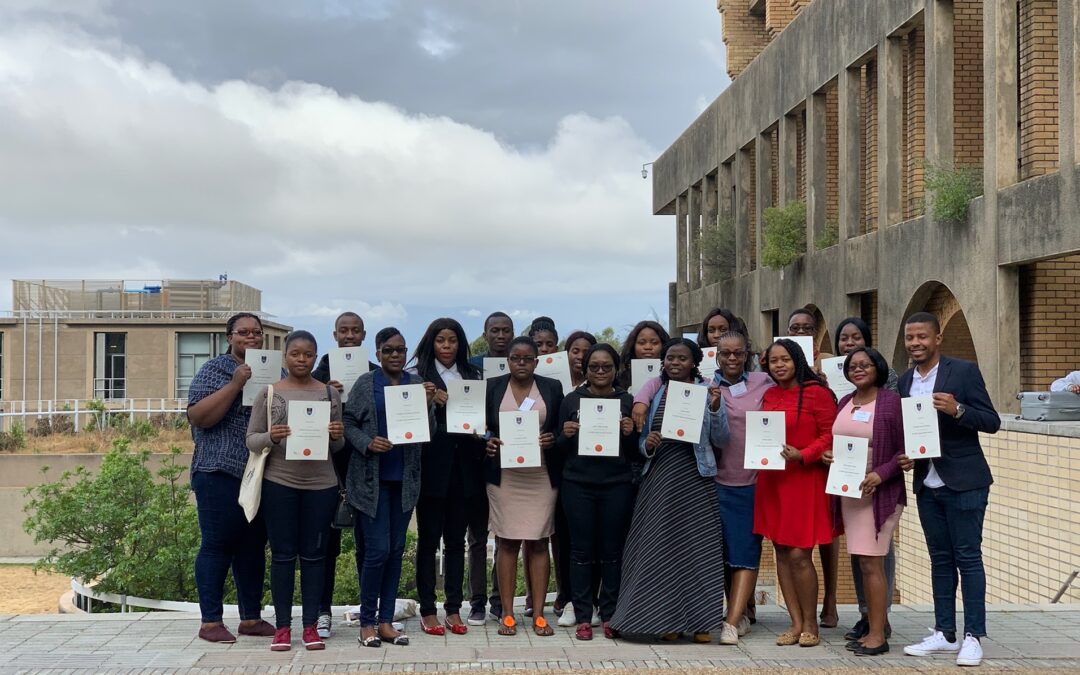
Oct 24, 2019 | News
The ICJ in collaboration with the Judicial Institute of Africa (JIFA) and Democratic Governance and Rights Unit (DGRU) convened a three-day training workshop for Zimbabwe court researchers.
The training workshop was held from the 21 to 23 October 2019 at the University of Cape Town, South Africa.
The judicial research programme is an initiative that was established to increase the research capabilities of the researchers, which would in turn improve the jurisprudence emerging from the courts.
Court researchers play a crucial role in the development of Zimbabwean jurisprudence through the work they undertake on behalf of the judges.
Furthermore, the increased efficiency that they bring to the courts allows judges to expend more of their efforts on well-informed analysis and administration of cases.
This brings a better quality of justice and reduces waiting periods for judgments and case backlog.
Arnold Tsunga the Director of the Africa Regional Programme of the ICJ remarked that “given the importance of the space that these researchers occupy, it is important to ensure that their legal knowledge and skills continue to be relevant and comprehensive so that they can provide a service of quality that adequately responds to the needs of judges. This in turn will also contribute to attainment of the UN Strategic Develop Goal (SDG) 16 and 5 on access to justice for all as well as SDG 5 on leaving no one behind.”
The areas of discussion for the three-day training workshop focused on judicial ethics, accessing judgments, accessing research materials, judgment writing and memo writing.
The training workshop was facilitated by judges, university teaching staff, and external resources. Twenty researchers are took part in the training workshop, including 17 women.
Contact
Arnold Tsunga, t: +26377728 3248; e: arnold.tsunga(a)icj.org
Rumbidzai Muyendesi, t: +263771666579; e: rumbidzai.muyendesi(a)icj.org









